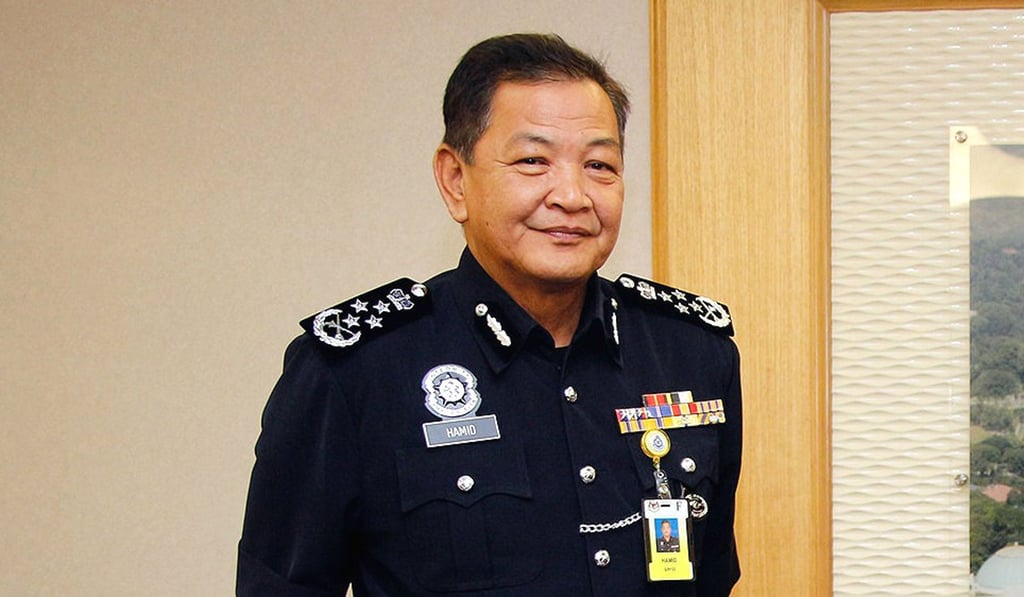Top Malaysian police officer warns of suicide attacks as Isis fighters return home
- Returnees from Syria and Iraq could attempt to spread the word through social media, says Malaysia’s inspector-general of police
- He also spoke about the hunt for Jho Low, saying the fugitive businessman’s days of hiding ‘will be ending soon’

“There has been a lot of hype that these [returnees] are frustrated fighters. They have not been able to implement all their ideals, practise what they have been trained for … so they want to do this [holy mission] back home to release their frustration,” Inspector-General of Police Abdul Hamid Bador said in an interview with the South China Morning Post.
“All these possibilities are there when they return, based on the experience of countries who have dealt with returnees,” Bador said. “We will cover all these angles. We will deal with it cautiously.”

Bador said the failure of tech giants to identify and remove extremist messages swiftly has allowed impressionable young people to easily access harmful material, which ends up radicalising them.